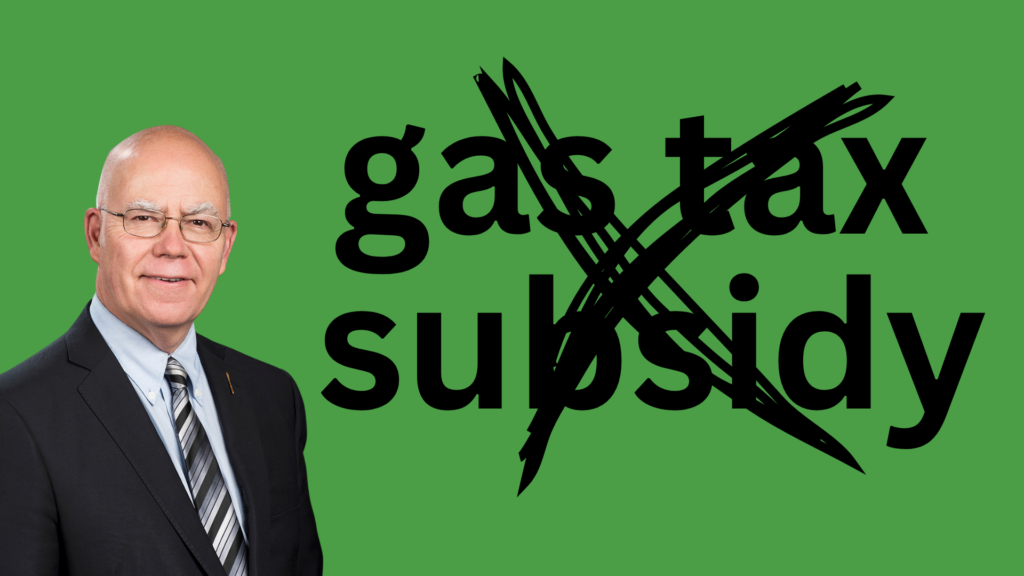David Coon, the leader of the Green Party of New Brunswick, has called on the provincial government to end the carbon adjuster, a tax that he says subsidises Irving Oil and other large emitters.
The carbon adjuster is a tax of 6.63¢ per litre on gasoline and 8.05¢ per litre on diesel that was introduced by the Higgs government in 2020 as part of its carbon pricing plan. The tax is supposed to be revenue-neutral, meaning that the money collected is returned to consumers and businesses through rebates and incentives.
However, Coon argues that the tax is not fair, nor effective, as it exempts large industrial emitters from paying their fair share of carbon pollution. According to Coon, the Higgs government has given Irving Oil and other large emitters a free pass to emit up to 4.6 megatonnes of carbon dioxide equivalent per year without paying any carbon tax. This amounts to a subsidy of $230 million per year, Coon claims.
Coon says that the carbon adjuster should be scrapped and replaced with a carbon tax that applies to all sources of greenhouse gas emissions, including large industrial emitters. He cites a recent independent analysis by Navius Research that shows that the cost of complying with the federal clean fuel standard, which requires fuel suppliers to reduce the carbon intensity of their products, adds less than one cent per litre to the cost of gasoline.
Coon also says that the province should invest in renewable energy, public transportation, and respect the rights and interests of First Nations in any energy development decisions. He points out that the International Energy Agency has warned that no new fossil fuel infrastructure should be built if the world is to meet the net-zero emissions goal by 2050.
Coon has tabled a bill in the Legislative Assembly to end fossil fuel development in New Brunswick, with urgency, he says, after Premier Blaine Higgs said he would pursue fracked gas development with or without First Nations’ consent. Coon says that fracking is a dangerous and unnecessary practice that poses risks to the environment, public health, and Indigenous rights.
Coon hopes that his bill will spark a debate and a vote on the future of energy in New Brunswick, and that the Higgs government will listen to the science and the people, and not to the interests of Irving Oil and other large emitters.




